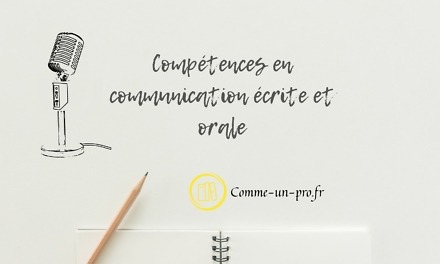In your professional life, you will often have to write a protest email. This can be addressed to a colleague, a partner or a supplier. Whatever your motive, you must take into account certain requirements to be taken seriously by your interlocutors. Therefore, mastering the writing of this type of message is imperative. Here's how to get your protest email right.
Focus on the facts
When writing the protest email, it is important to be rigorous about the facts. In other words, the elements must be posed in a factual manner so that the reader can quickly grasp the context.
So, avoid details and unnecessary sentences and instead specify essential things such as facts and dates. It is indeed with these elements that the recipient will be able to understand the purpose of your email. You must provide clear, precise and dated information.
Indicate the context then the subject of the email
Go straight to the point when you write a protest email. You don't need wordings like “I'm writing this email to you” because these are obvious things that don't need to be emphasized.
After having clearly presented the facts which gave rise to your complaint and without forgetting the date. It can be a meeting, a seminar, an email exchange, a reporting, a purchase of equipment, an invoice receipt, etc.
Continue, stating your expectations as explicitly as possible.
The idea is that the recipient can quickly understand the purpose of your email and what you want from it.
Focus on sobriety in your talk
Writing a protest email requires a sober and concise style. Because this is a special situation, you need to focus on the facts and your expectations. To do this, use short sentences that summarize the gist of your challenge and that are written in everyday, polite language.
Also, be sure to use a polite phrase that is appropriate for the occasion. "Kind regards" and "best regards" are rather to be avoided in this type of exchange.
Stay professional
Be sure to stay professional when writing a protest email, even if you are extremely unhappy. You have to do your best to contain yourself because emotions don't really belong in professional writing.
So, avoid using words that may flaunt your feelings in one way or another. It is important that your email remains factual.
Attach evidence
Finally, to succeed in a protest email, it is essential to attach evidence to your arguments. You must indeed show the recipient that you are right to dispute. So attach any document that you can use as proof and state it in the email.





